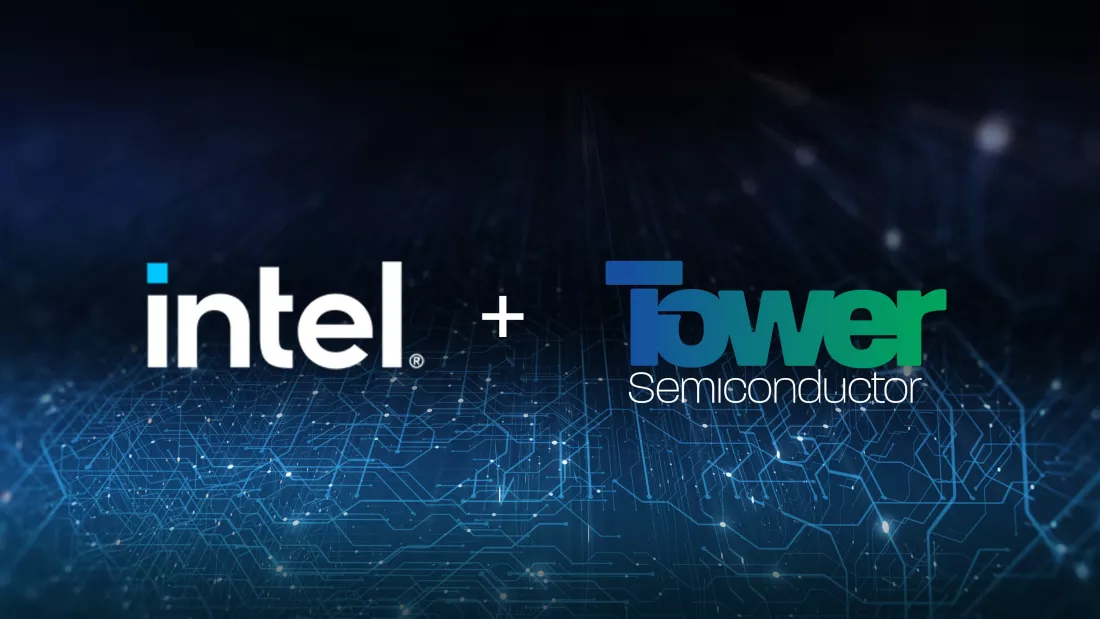What just happened? Intel's $5.4 billion acquisition of Israeli specialty chipmaker Tower Semiconductor has been called off as the deal ran out of time to receive regulatory approval from China. It puts a dent in Team Blue's plans for expanding its foundry business and illustrates the growing tension between the US and China.

It was back in February 2022 when Intel announced that it was buying Tower Semiconductor as part of its IDM 2.0 initiative. The company said that the purchase would accelerate its path to becoming a major provider of foundry services and capacity globally, bringing together Intel's leading-edge nodes and scale manufacturing with Tower Semiconductor's specialty technologies and customer-first approach.
Tower Semiconductor makes older, more mature nodes ranging from 1,000nm to 65nm that are used by automakers and specialized equipment companies; it also counts Broadcom as one of its customers. It was expected that the acquisition would help Intel better compete against rival chipmaker TSMC.
The deadline for the acquisition was August 15, but both Intel and Tower Semiconductor agreed to call it off as they did not expect to receive regulatory approval in time. It's a costly cancellation for Intel, which must pay a $353 million termination fee to Tower.

Not anymore
This isn't the first deal scrapped due to China dragging its feet. Reuters notes that DuPont De Nemours Inc. ended its $5.2 billion deal to buy electronics materials maker Rogers Corp. last year after delays in securing approval from Chinese regulators.
Intel CEO Pat Gelsinger said he had been trying to get the green light for the Tower deal from China and had even visited the country last month to meet with officials – to no avail, it seems.
The US government's latest move against China came last week when the US Treasury was permitted to limit or prohibit US investment in three areas of Chinese development: semiconductors, artificial intelligence, and quantum computing. China said it reserved the right to take retaliatory measures.
Intel's Foundry Services was the only one of its businesses that didn't see a year-on-year decline during the previous quarter. The segment's revenue was $232 million, up from $57 million one year earlier. Gelsinger said some of the IFS sales increase came from advanced packaging.
https://www.techspot.com/news/99807-intel-54-billion-acquisition-tower-semiconductor-called-off.html